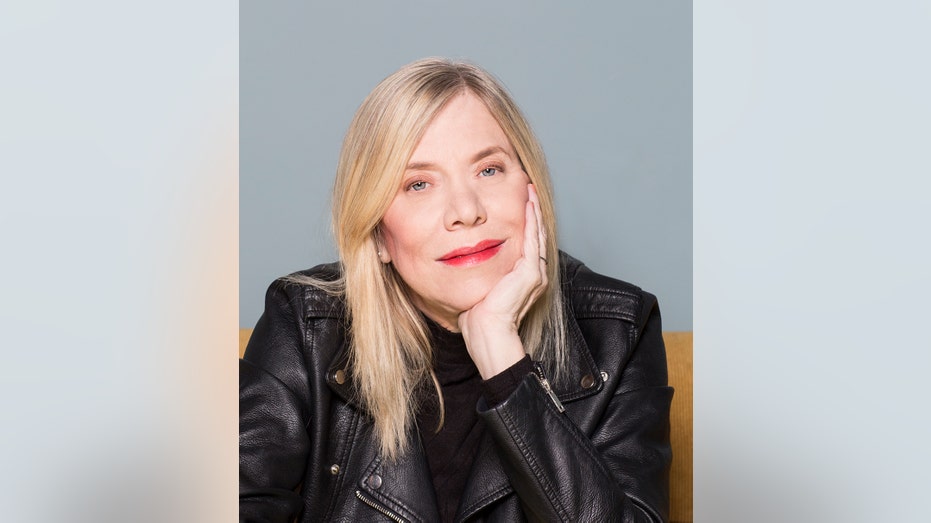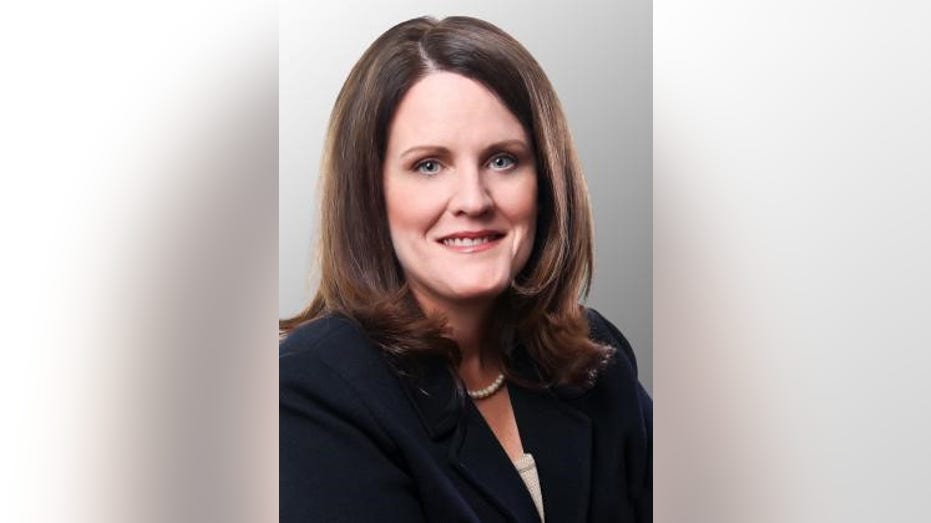International Women's Day 2021– Let's be the difference and ask, 'Can we help?'
We have a unique ability to help younger generations find their voices, activate their power, and have confidence
How does the COVID crisis impact opportunities for women?
J.P. Morgan Chair of Global Research Joyce Chang joins 'Barron's Roundtable'
This International Women’s Day, we’re thinking about the Class of 2021—and in particular, about the hundreds of thousands of young women who will be attempting to launch their careers in what is shaping up to be an especially deep recession for females.
A headline earlier this year put gender disparities in sharp relief: Of the 140,000 jobs cut in December 2020, according to the U.S. Bureau of Labor Statistics’ job report, 100 percent of them were held by women. 100 percent. In total, women lost 156,000 jobs that month while men gained 16,000.
Moreover, the uneven burden of the pandemic within households has spurred at least one in four women to consider downshifting their careers or leaving the labor market entirely.
The authors of the 2020 Women in the Workplace study, conducted by LeanIn.org and McKinsey & Company, term this an "emergency for corporate America," concluding: "Companies risk losing women in leadership—and future women leaders—and unwinding years of painstaking progress toward gender diversity."
Those who came of age during the women’s empowerment movement of the last century had every reason to think workplace equality was within their grasp and that progress would be steady and sure. What we now know is that women’s progress waxes and wanes, and the light at the end of the tunnel dims far too regularly.
HERE ARE THE BEST JOBS IN AMERICA IN 2021
For women who have earned a place at the table, including the two of us, now is the time to act to make things better, easier, saner for those attempting to follow.

Marian Salzman, Senior Vice President of Global Communications, Philip Morris International
We have a unique ability to help younger generations find their voices, activate their power, and have the confidence to make grand plans, despite the powerlessness they are feeling and the odds that continue to be stacked against them.
We can relate to the powerlessness so many women feel. Roadblocks and gender bias don’t magically disappear at a certain level of the corporate hierarchy. And we are keenly aware of the bruises we’ve accumulated and the sacrifices we’ve been called to make that were typically not required of our male counterparts. This must change.
We have a unique ability to help younger generations find their voices, activate their power, and have the confidence to make grand plans, despite the powerlessness they are feeling and the odds that continue to be stacked against them.
If we want "the way things are" to ever give way to "the way things ought to be," we need to do more than offer empathy.
We need to share practical advice and strategies, accelerate career trajectories, and find ways to support women not just in the workplace but also at home so that the progress made by those with young children isn’t wiped out every time a crisis emerges.
AMERICA’S TOP 10 HIGHEST-PAYING JOBS ARE ALL IN THE SAME FIELD
The need is especially acute when so many are working remotely, making it all the more difficult for younger employees to identify potential champions and mentors.

Suzanne Rich Folsom, Senior Vice President and General Counsel, Philip Morris International
Those of us in a position to do so must relentlessly champion change within the organizations we lead, working with our male peers to ensure equity saturates the culture and workplace practices.
The problems are clear and include pernicious gender bias, inadequate opportunity, too few women in positions of power, and, in our current circumstances, isolation and an inability to connect in person with people who can help.
CLICK HERE TO READ MORE ON FOX BUSINESS
The solutions are more complex but must start with companies and corporate leaders committing to do the right thing, including ensuring that the ranks of decision-makers reflect the broader society, as we are doing at Philip Morris International (PMI). With women holding just over 37 percent of management roles at PMI today (up from 29 percent in 2014), we’re on track to meet our goal of having at least 40 percent female representation in management roles across the company by 2022.
Those of us in a position to do so must relentlessly champion change within the organizations we lead, working with our male peers to ensure equity saturates the culture and workplace practices.
Such advances have a clear link to performance goals. A growing number of companies now recognize that a genuinely diverse, inclusive, and equitable workplace drives innovation and growth.
GET FOX BUSINESS ON THE GO BY CLICKING HERE
We are not asking for special privileges or exceptions for the upcoming generation of women. We are asking that our peers—female and male—join us in pushing for change and ensuring that the double crisis of the global pandemic and its related economic fallout isn’t allowed to undo the hard-fought progress women have won, to the detriment of all.
We owe it to the next generation of women to step up.
Suzanne Rich Folsom is Senior Vice President and General Counsel for Philip Morris International. Folsom joined Philip Morris International in July 2020.
She is a former Partner and Co-Chair of the Investigations, Compliance and Strategic Response Group at Manatt, Phelps & Phillips, LLP.
A veteran general counsel of both public and private companies, and a transformation and restructuring leader, Folsom most recently served as the General Counsel, Chief Compliance Officer and Senior Vice President, Government Affairs and Global Public Policy at United States Steel Corporation.
Marian Salzman is Senior Vice President of Global Communications, Philip Morris International. Salzman’s communications career has spanned more than three decades, across multiple industries and the globe.
Her track record for implementing and managing companywide change and developing business units and initiatives that effectively build and expand markets, increase revenue, and strengthen reputation is unparalleled.
In 2018, she left her role as CEO of Havas PR North America and Global Chair of the Havas PR Global Collective to embark on arguably the greatest challenge a communicator could take on: helping Philip Morris International rid the world of cigarettes.





















